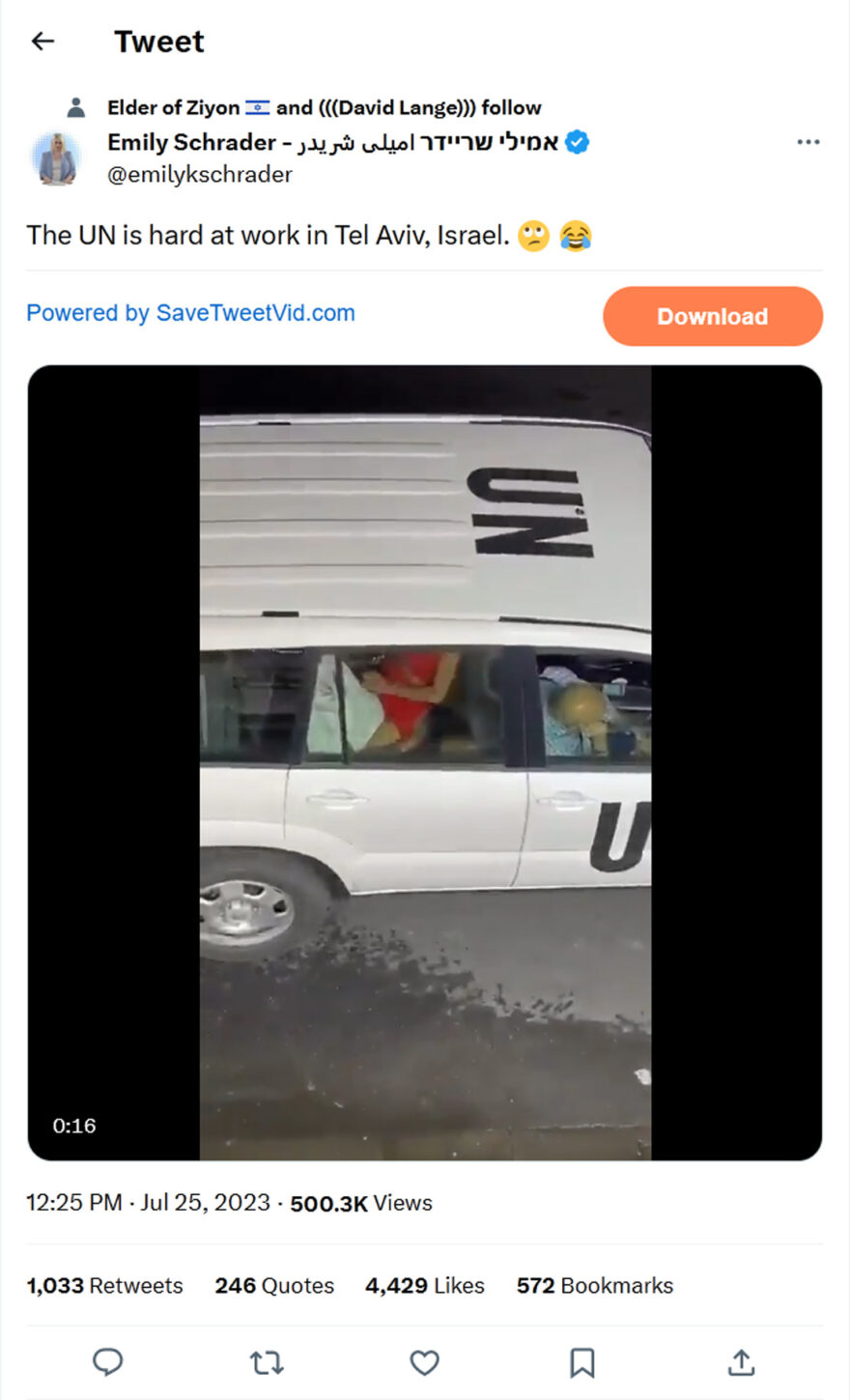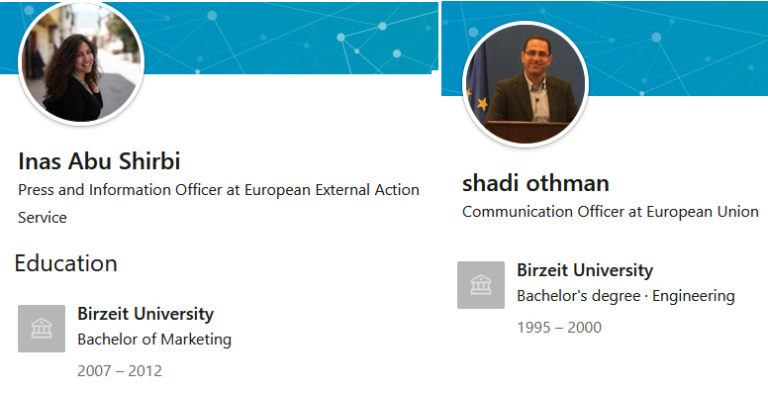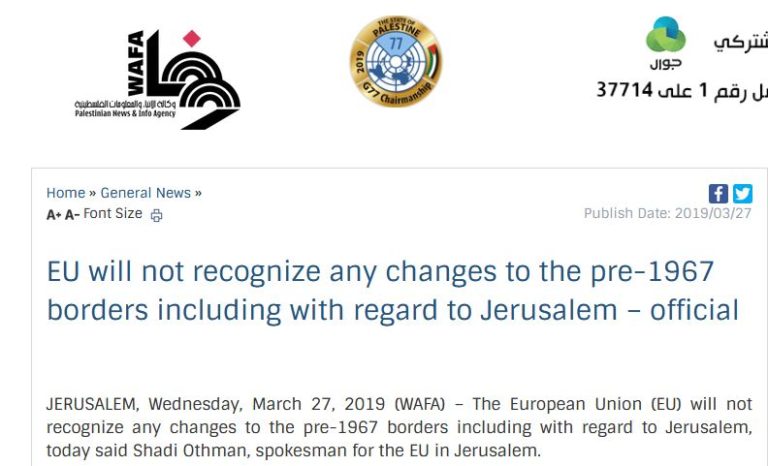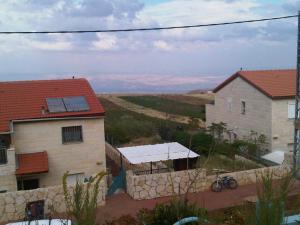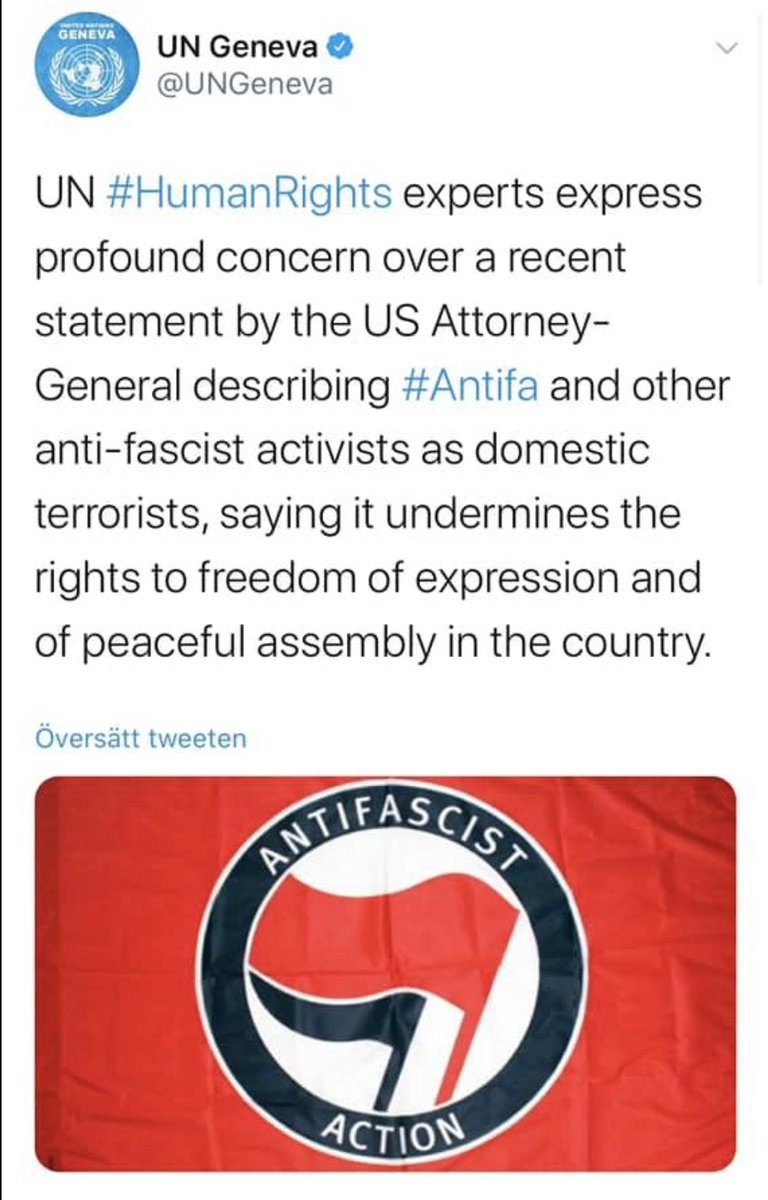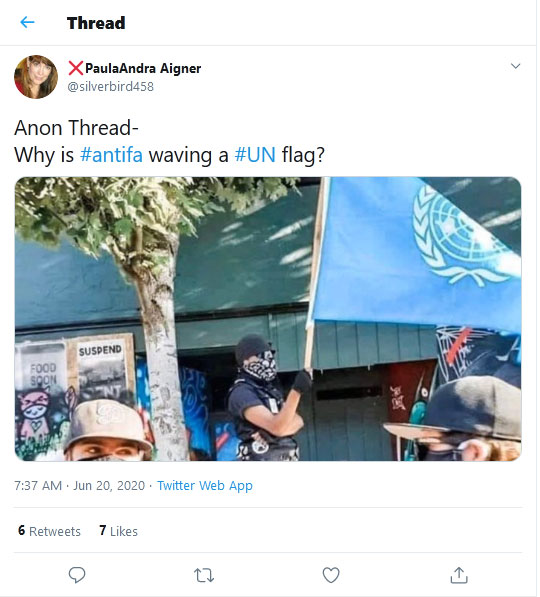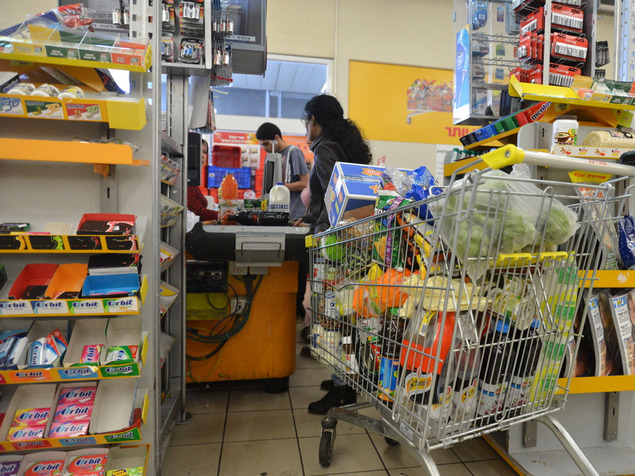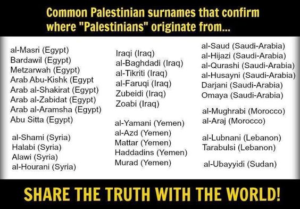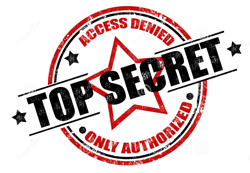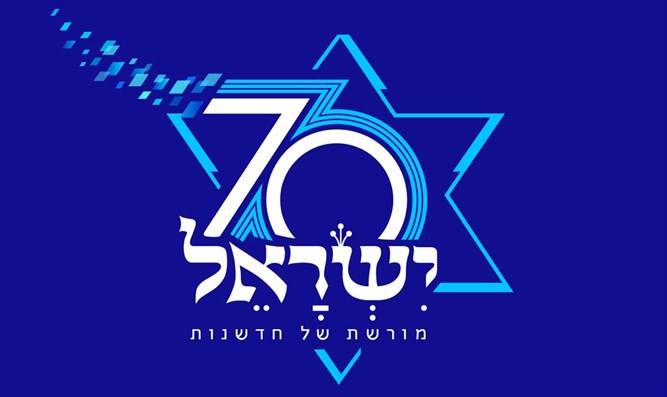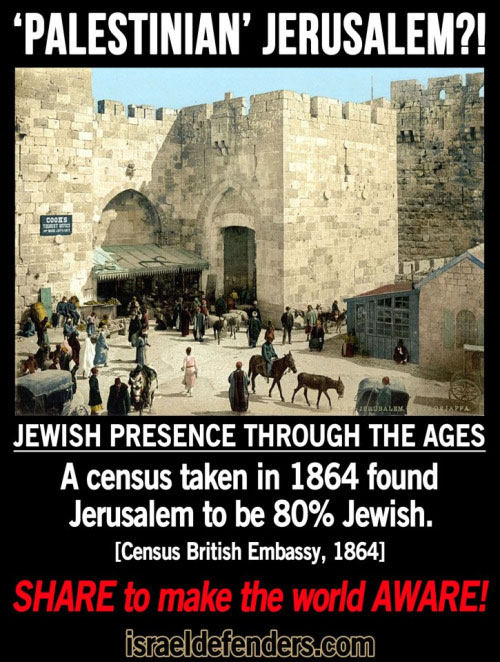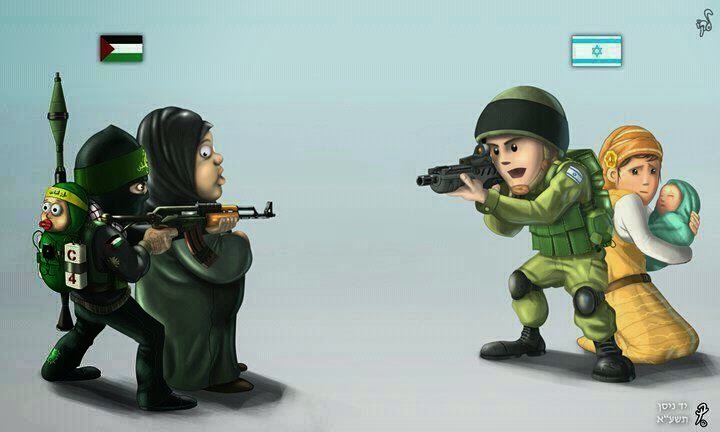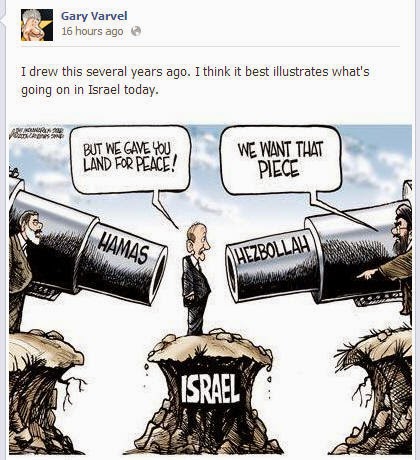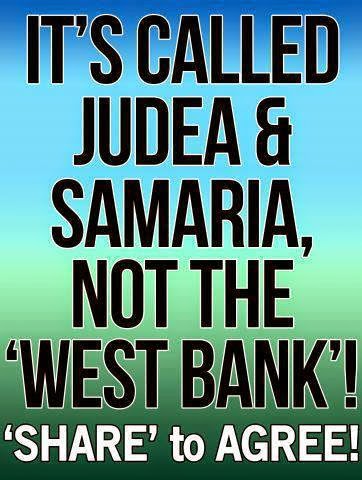You have read the news about the UNHRC’s Boycott List and what some Companies and Individuals are doing about it. Below is the background and the list of European funded, terror-tied NGOs that spread lies about Israel and the Jews living in Judea, Samaria, The Golan Heights and Jerusalem.
Now that Israel has proven that the UN works with designated terrorist groups it can contact all financial companies to close all UN related bank accounts along with all the European funded NGOs that assisted in the UNHRC Boycott list. Since the UN and the European funded NGOx are in potential violation of “Money Laundering Laws” and the Financial institutions do not want to deal with a lawsuit .
Given that BDS is illegal in New York, it is time to Boycott the UN in New York as we should do in Israel. Evict the UN Workers from the Jerusalem Apartments. Throw them out of your stores. Turn off the pumps at the Gas Station. You get the idea. Make their life a living hell. Treat them like the Red Cross was treated in Hebron. Remember that they are the enemy. |
|
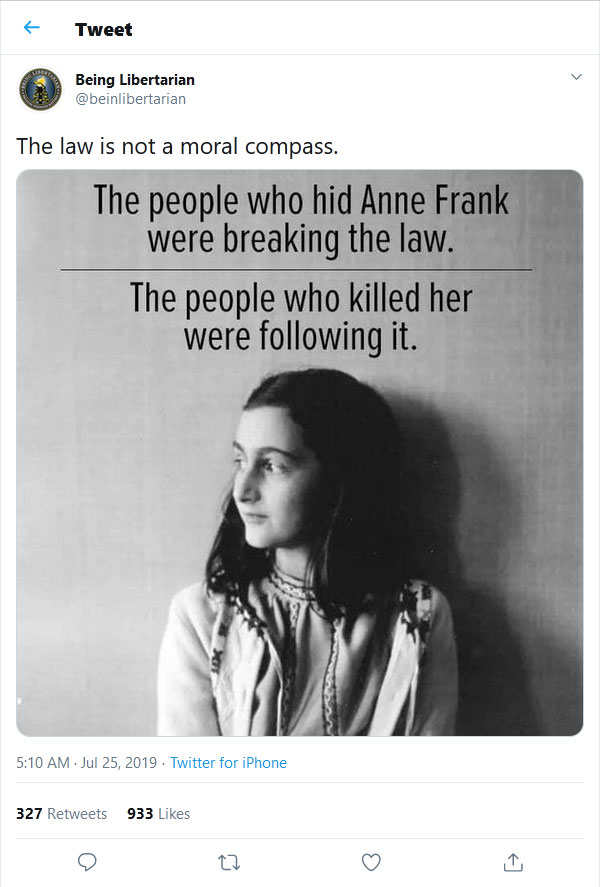 Being-Libertarian-tweet-25July2019 The law is not a moral compass. The people who hid Anne Frank were breaking the law. The people who killed her were following it.  The law is not a moral compass. The people who hid Anne Frank were breaking the law. The people who killed her were following it. The next time someone screams Israel is violating “International Law”, show them this meme and ask, “What did your group or country do to actively save the Jews from the Holocaust, Pogrom or Terrorist Attack?” The list of Jew haters will be very, very long. For the US Democrats, let’s start with FDR closing the gates to Jewish immigration to the US in the 1930s and 1940s and not bombing the Death Camps. The British closed the gates to Eretz Israel. Germany, France and the rest of Europe along with the Arabs; aiding and abetting the Nazis in murdering 6 Million Jew along with Arab Pogroms against the Jews because they were Jews. |
|

The IHRA Working Definition of Antisemitismhttps://www.holocaustremembrance.com/resources/working-definitions-charters/working-definition-antisemitism About the IHRA non-legally binding working definition of antisemitismThe IHRA is the only intergovernmental organization mandated to focus solely on Holocaust-related issues, so with evidence that the scourge of antisemitism is once again on the rise, we resolved to take a leading role in combatting it. IHRA experts determined that in order to begin to address the problem of antisemitism, there must be clarity about what antisemitism is. The IHRA’s Committee on Antisemitism and Holocaust Denial worked to build international consensus around a non-legally binding working definition of antisemitism, which was subsequently adopted by the Plenary. By doing so, the IHRA set an example of responsible conduct for other international fora and provided an important tool with practical applicability for its Member Countries. This is just one illustration of how the IHRA has equipped policymakers to address this rise in hate and discrimination at their national level. The working definition of antisemitismIn the spirit of the Stockholm Declaration that states: “With humanity still scarred by …antisemitism and xenophobia the international community shares a solemn responsibility to fight those evils” the committee on Antisemitism and Holocaust Denial called the IHRA Plenary in Budapest 2015 to adopt the following working definition of antisemitism. On 26 May 2016, the Plenary in Bucharest decided to: Adopt the following non-legally binding working definition of antisemitism: “Antisemitism is a certain perception of Jews, which may be expressed as hatred toward Jews. Rhetorical and physical manifestations of antisemitism are directed toward Jewish or non-Jewish individuals and/or their property, toward Jewish community institutions and religious facilities.” To guide IHRA in its work, the following examples may serve as illustrations: Manifestations might include the targeting of the state of Israel, conceived as a Jewish collectivity. However, criticism of Israel similar to that leveled against any other country cannot be regarded as antisemitic. Antisemitism frequently charges Jews with conspiring to harm humanity, and it is often used to blame Jews for “why things go wrong.” It is expressed in speech, writing, visual forms and action, and employs sinister stereotypes and negative character traits. Contemporary examples of antisemitism in public life, the media, schools, the workplace, and in the religious sphere could, taking into account the overall context, include, but are not limited to:
Antisemitic acts are criminal when they are so defined by law (for example, denial of the Holocaust or distribution of antisemitic materials in some countries). Criminal acts are antisemitic when the targets of attacks, whether they are people or property – such as buildings, schools, places of worship and cemeteries – are selected because they are, or are perceived to be, Jewish or linked to Jews. Antisemitic discrimination is the denial to Jews of opportunities or services available to others and is illegal in many countries. Information on adoption and endorsementNational levelThe following UN member states have adopted or endorsed the IHRA working definition of antisemitism. Beyond the countries listed below, a wide range of other political entities, including a large number of regional/state and local governments, have done so as well. Albania (22 October 2020) Argentina (4 June 2020) Austria (25 April 2017) Belgium (14 December 2018) Bulgaria (18 October 2017) Canada (27 June 2019) Cyprus (18 December 2019) Czech Republic (25 January 2019) France (3 December 2019) Germany (20 September 2017) Greece (8 November 2019) Guatemala (27 January 2021) Hungary (18 February 2019) Israel (22 January 2017) Italy (17 January 2020) Lithuania (24 January 2018) Luxembourg (10 July 2019) Moldova (18 January 2019) Netherlands (27 November 2018) North Macedonia (6 March 2018) Romania (25 May 2017) Serbia (26 February 2020) Slovakia (28 November 2018) Slovenia (20 December 2018) Spain (22 July 2020) Sweden (21 January 2020) United Kingdom (12 December 2016) United States (11 December 2019) Uruguay (27 January 2020) OrganizationsThe following international organizations have expressed support for the working definition of antisemitism: United Nations
European Union Organization of American States Council of Europe |
|
|
|
The UN is hard at work in Israel
|
|

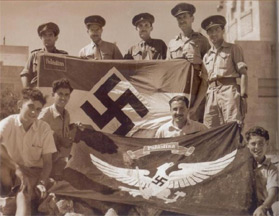 These flags are flags of the Nazi Youth Organization “Hitler-Jugend”, regional branch of Palestine. The historical context to the Grand Mufti of Jerusalem, Haj Amin Al-Husseini.” UN BDS BlacklistAfter multiple delays over legal, due process, and methodological concerns, which do not seem to have been addressed, on February 12, 2020, the UN Office of the High Commissioner for Human Rights (OHCHR) published its “Database of all business enterprises” that it claims contribute to “human rights concerns.” This UN blacklist, ordered by the UN Human Rights Council (HRC), is meant to bolster BDS (boycott, divestment, and sanctions) campaigns, singling out Israel. The unique treatment of Israel in this exercise, as with many other HRC initiatives, violates the International Holocaust Remembrance Alliance (IHRA) Definition of antisemitism. What is the Blacklist?On March 24, 2016, the Human Rights Council (UNHRC) established Resolution 31/36, “Israeli settlements in the Occupied Palestinian Territory, including East Jerusalem, and in the occupied Syrian Golan.” The Resolution called on the Office of the High Commissioner for Human Rights (OHCHR) in consultation with the UN’s Working Group on Business and Human Rights to create a discriminatory blacklist of entities allegedly conducting activities in areas over the 1949 Armistice line. The database is aimed at economically damaging companies that are owned by Jews or do business with Israel, and is ultimately meant to harm the Jewish state.
This blacklist, aimed at advancing discriminatory anti-Israel BDS (boycott, divestment and sanctions), operates from the false premises that business in occupied territory is “illegal settlement activity” and is barred by international law. In fact, there is no such prohibition and almost every country engages in and/or facilitates business activities in settlements in situations of occupation throughout the globe. The discriminatory blacklist also targets companies providing security services to the State of Israel, by labeling legitimate security measures as “illegal settlement activity.” The purpose is to disrupt efforts to protect civilians from Palestinian terrorism and is part of a decades-long UN campaign to minimize and justify Palestinian violence. Another major category of listed companies are those providing consumer goods and services (food, telecommunications, pharmaceuticals, gas, water) to both Palestinians and Israelis. The UN seeks to bar such companies from operating or impose discriminatory business criteria with little regard as to the human rights and economic impacts on the local population. The UN BDS Blacklist also targets companies that facilitate the promotion of Jewish and Christian heritage and tourism in Jerusalem and the West Bank. In other words, the BDS Blacklist seeks to erase Jewish and Christian history from the Holy Land and is therefore antisemitic in both intent and effect. Despite efforts to prevent its publication and multiple delays, the list will apparently be published in March 2019 at the 40th Session of the UN Human Rights Council.  Catch The Jew! by Tuvia Tenenbom https://www.amazon.com/Catch-Jew-Tuvia-Tenenbom/dp/9652297984/ref=pd_lpo_sbs_14_t_0?_encoding=UTF8&psc=1&refRID=4YVE1XVDE61ENZH4NDW7 Read all about European NGOs in “Catch The Jew!” by Tuvia Tenenbom Which NGOs are Involved in the Creation of the Blacklist?
Since 2016, NGOs, including Human Rights Watch, Amnesty International, and Al-Haq, have been advocating for the UN BDS “blacklist” of businesses operating across the 1949 Armistice line. The blacklist selectively targets Israel apart from all other nations, is aimed at economically damaging companies that are owned by Jews or do business with Israel, and is ultimately meant to harm the Jewish State. Primary NGOs Involved in the Creation of the UN Blacklist
NGO Monitor Submissions on the BDS BlacklistUN Blacklist DelayAnalysis of the UN’s Discriminatory BDS BlacklistExecutive Summary
IntroductionAfter multiple delays over legal, due process, and methodological concerns, which do not seem to have been addressed, on February 12, 2020, the UN Office of the High Commissioner for Human Rights (OHCHR) published its “Database of all business enterprises” that it claims contribute to “human rights concerns.” This UN blacklist, ordered by the UN Human Rights Council (HRC), is meant to bolster BDS (boycott, divestment, and sanctions) campaigns, singling out Israel. The unique treatment of Israel in this exercise, as with many other HRC initiatives, violates the International Holocaust Remembrance Alliance (IHRA) Definition of antisemitism. The database is aimed at economically damaging Israel and companies that are owned by Jews or do business with Jewish Israelis. In keeping with the BDS objective, 94 of the 112 companies in the blacklist are based in Israel; many Arab, European, and Asian companies that meet the criteria were excluded; and in general, large Israeli companies were included in order to maximize the economic harm to Israel’s economy as a whole. This blacklist operates from the false premises that business in occupied territory is “illegal settlement activity” and is barred by international law. In fact, there is no such prohibition and almost every country engages in and/or facilitates business activities in settlements in situations of occupation throughout the globe. Unsurprisingly, though, the UN is only pursuing such a list regarding Israel. A major category of listed companies are those providing consumer goods and services (food, telecommunications, transportation, gas, water) to both Palestinians and Israelis. The UN seeks to bar such companies from operating or impose discriminatory business criteria with little regard as to the human rights and economic impacts on the local population and the employees of the companies. Pro-BDS NGOs, including Human Rights Watch, Amnesty International, and Al-Haq, have been major proponents of the UN BDS blacklist. Over the past few months, these groups, along with UNHRC dictatorships, have been intensively lobbying High Commissioner Michele Bachelet, the former socialist leader of Chile, to publish it. Lack of Rigorous Methodology in OHCHR Blacklist Report
Analysis of the Companies Included in the Blacklist
The UN BDS Blacklist: Related Reports |
|
UN Black List of companies in Jewish areas of West Bank is a Racist Policy |
|

UNHRC worked with terror-tied NGOs to compile settlement blacklistErdan argued that the blacklist will end up hurting the livelihood of thousands of Palestinians with Israelis in the West Bank.By LAHAV HARKOV 13FEBRUARY2020 https://www.jpost.com/Israel-News/UNHRC-worked-with-terror-tied-NGOs-to-compile-settlement-blacklist-617524
The UN Human Rights Council’s blacklist of businesses working in settlements was compiled with the help of organizations affiliated with terrorist groups, the Strategic Affairs Ministry said on Thursday, a day after the list was made public.
Meanwhile, the Manufacturers’ Association of Israel sought to help businesses that may be hurt by boycotts due to the list’s publication.
Strategic Affairs Minister Gilad Erdan called the list “disgraceful,” saying it “proves once again the UN’s consistent antisemitism and Israel-hatred.”
“The UNHRC, which consists of tyrannical states and despotic regimes, proves once again that it is a rotten institution that makes delusional decisions, which have no connection to actual human rights,” he stated.
Erdan argued that the blacklist will end up hurting the livelihood of thousands of Palestinians working with Israelis in the West Bank.
One of the groups the Strategic Affairs Ministry cited was Addameer, Conscience in Arabic, a Palestinian NGO.
Addameer’s accountant Samer Arbeed is a member of the terrorist group the Popular Front for the Liberation of Palestine, who led the cell that murdered 17-year-old Rina Schnerb near Dolev in the West Bank last year, detonating the bomb himself.
Another Palestinian NGO, Al Haq. the Truth in Arabic, is focused on legal action against Israel for alleged human rights violations and was heavily involved in the blacklist’s compilation, the ministry said.
Al Haq is led by a a former senior member of the PFLP, Shawan Jabareen, who has served time in Israeli prison for his involvement in terrorist activities. An Israeli court described him as “Dr. Jekyll and Mr. Hyde – on the one hand he presents himself as the director of a human rights organization, and on the other, he is active in a terrorist organization that commits murder…He actively denies the most fundamental right of all, without which there are no other rights – the right to live.”
The research institution NGO Monitor posited that the organization Who Profits, which calls to boycott Israel, took part in putting the list, because 85 of the 112 companies listed are in Who Profits’ database. Human Rights Watch, which advocates boycotting settlements, was also involved.
Analyzing the list, NGO Monitor also pointed out that there is no legal prohibition on conducting business activities in disputed territories, occupied territories or settlements. Some of the companies included in the list help Israel carry out the duties specified under the law of occupation, meaning that it would be a human rights violation if they were not doing that business in Israel.
In addition, many of the business activities the companies carry out are consistent with Israeli-Palestinian agreements supported by the UN and international community, such as providing utility services like water, gas and electricity to Palestinians.
As for business that operate in east Jerusalem, if a boycott were enacted based on the UN list, “Palestinians would be excluded from receiving basic goods and services in their neighborhoods, while an ethnic/religious test would be created to determine who can engage in business activities,” NGO Monitor’s report argued.
The Manufacturers’ Association of Israel has been in contact with the businesses on the UNHRC blacklist and called on the government to provide a “safety net” in case they are harmed.
“Boycotts do not create a dialogue and closeness; rather [they create] distance and separation,”
Manufacturers’ Association President Ron Tomer said. “In the coming days, Israel’s economic leadership must embrace the business owners on the list and give them answers to the questions that arose…They need a warm embrace to preserve the flourishing businesses and continued coexistence created in these areas.” |
|
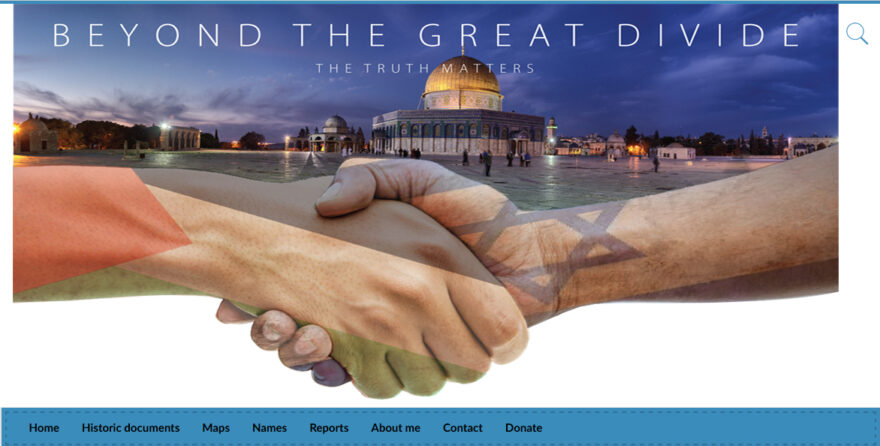
Funded by the EU, driven by Palestinians. BDS activism in EU clothing.20February2020 David http://david-collier.com/eu-officials-palestinian/
Those of us involved in fighting back against spreading antisemitism and the lies about Israel understand that the deeper we dig – the more unbelievable the situation becomes. As I said to someone yesterday when news broke of a UK KS3 schoolbook which suggests the creation of Israel may be behind the 9/11 attacks – nothing surprises me anymore. There are no limits to the level of conspiracy and disinformation – no place that the lies do not exist. The EU have also just provided another example – here is what I found. The EU photographersRecently the EU advertised an EU ‘Photo marathon’. An opportunity open to young European photographers to spend a week ‘capturing different aspects of Palestinian life’. The week-long trip, flights, accommodation and meals is fully funded by the EU. As part of the process, there is a request to write a ‘motivation letter’, explaining why the applicant wants to participate and they are asked how they intend to ‘spread the word’ upon their return. The EU Press Team in charge of this process consists of two people – Inas Abu Shirbi and Shadi Othman:
Both of these people are Palestinians who went to Birzeit University for their degree:
EU spokespeople or BDS activists.Before being an ‘EU spokesperson’ Inas Abu Shirbi spent some time at the Sharek Youth Forum. She was there when Boris Johnson made remarks about BDS during a 2015 trip to Israel. Soon after Boris ridiculed BDS activists, several Palestinian NGOs who had been due to meet Johnson – cancelled – including the Sharek Youth Forum. At the time Abu Shirbi was the public face of the NGO (she even spoke on LBC). In the public statement, the group put out – there is clear and unequivocal support for BDS.
 Before being an ‘EU spokesperson’ Inas Abu Shirbi spent some time at the Sharek Youth Forum. She was there when Boris Johnson made remarks about BDS during a 2015 trip to Israel. Soon after Boris ridiculed BDS activists, several Palestinian NGOs who had been due to meet Johnson – cancelled – including the Sharek Youth Forum. At the time Abu Shirbi was the public face of the NGO (she even spoke on LBC). In the public statement, the group put out – there is clear and unequivocal support for BDS. That means at least one of those leading this ‘photo marathon’ is a Palestinian with a history of support for BDS. We have here a similar issue to the one uncovered at Amnesty International where Amnesty’s ‘Deputy Regional Director turned out to be an obsessive Palestinian activist. Inas Abu Shibri is still active with other Palestinian NGOs – inclduing the pro-BDS ‘Sharek’. How is there not a conflict of interest? When someone references an ‘EU Communications Officer’ – don’t people assume they are from the EU?
Most people never read beyond headlines. Often they tell you all you need to know. Like this headline: that has the EU ‘slamming’ Israel:
 Most people never read beyond headlines. Often they tell you all you need to know. Like this headline: that has the EU ‘slamming’ Israel:
Yet when you read the article, you realise the only EU employee mentioned is a Palestinian – Shadi Othman. That article was shared 500 times. Or this one – which becomes almost laughable. The Palestine News and Info Agency report that the EU ‘will not recognise any changes to the pre-1967 borders’. Is it any surprise if the ‘EU spokesman’ is our Palestinian friend from Ramallah – Shadi Othman?
False perceptionsThe European Union Delegation to the Palestinians also have a Twitter feed. When there is tension in Gaza, ‘they’ issue a call for restraint:
 The European Union Delegation to the Palestinians also have a Twitter feed. When there is tension in Gaza, ‘they’ issue a call for restraint: Did a Palestinian, born, raised and living in the PA areas – one who supported BDS – write this tweet? Isn’t this a little deceptive? Most people would probably assume that the people providing a face for the EU in the PA areas are European diplomats, not Palestinian activists. If you want to see how two-faced this really is. The EU in Israel have a Twitter feed too. In theory – on the subject of peace – what is important to one – should also be important to the other. Yet if I search for ‘terror’ on the Israel feed – there are countless results – including open condemnations against terror attacks. A similar search on the EU Palestinian feed – returns absolutely nothing. Not a single mention of terrorism.
I went deeper – looking at every tweet, retweet or reply this account has made in three years. Not a single reference to ‘terror’ or ‘terrorism’ anywhere.
There has never been an international delegitimisation campaign as all encompassing, as widespread and as insidious as the global one that exists to demonise Israel. Scratch the surface and you are left bewildered at how anyone takes anything seriously. Let us ask the basic question. Who is auditing where EU funds go – and making sure none of it ends up in the wrong hands?
So what of this fully funded ‘photo marathon’. Palestinians are going to read and judge the ‘motivation letters’, decide which ones best suit their campaign, use EU funds to brainwash European photographers and then use them to push anti-Israel propaganda even further afield. And they will give it all the legitimising stamp of the EU.
This is the EU blatantly funding anti-Israel propaganda – and using someone who supported BDS to help them do it.
|
|

What is being done to Fight the UNHRCIsraeli settlers to file class action suit against UN
|
|

The UN should be ashamed of its anti-Israel boycott listStephen Daisley 17February2020 https://blogs.spectator.co.uk/2020/02/the-un-should-be-ashamed-of-its-anti-israel-boycott-list/
I knew if we waited long enough, the United Nations would make itself useful. The Office of the High Commissioner for Human Rights (OHCHR) has produced a handy catalogue of companies that supporters of Israel can give their business to. Of course, this was not Michelle Bachelet’s intention. Bachelet is the commissioner and before that she was an exquisitely unpopular Chilean politician and head of UN Women, the all-girl Ghostbusters of UN agencies that fights global mistreatment of women by putting out hashtags and putting Saudi Arabia on its executive board.
Now Bachelet has released ‘a database of all business enterprises involved in certain specified activities related to the Israeli settlements in the Occupied Palestinian Territory’. She does not mean to celebrate their commitment to serving customers and clients in sometimes dangerous environments. No, her roster was compiled at the request of the UN Human Rights Council. This is a body in which countries whose idea of human rights is gender-neutral torture and equal-opportunity ballot-rigging get together and pass reams of vexatious resolutions against Israel.
Bachelet’s list doesn’t explicitly encourage the blackballing of companies mentioned. But it is a nod and a wink to the methods of the BDS (Boycott, Divestment, Sanctions) movement. It’s too obvious to be clever but it’s still sly: a coycott, rather than a boycott.
BDS’s economic warfare against the Jewish state has had little success but that’s not the point: a UN body is tacitly legitimising its agenda and even doing the research for it. The UN’s obsession with this tiny strip of land on the shores of the Mediterranean has nothing to do with human rights. If Vlad the Impaler were around today he’d be a special rapporteur on exsanguination and no one in Geneva would see anything untoward about it. What OHCHR’s list is about is the UN’s institutional hostility towards Israel and support for ‘de-judaising’ Jerusalem and Judea and Samaria. Jerusalem is Israel’s capital; before that it was the capital of the ancient Kingdom of Judah (Israel 1.0). However hard the UN strives to erase the Jewish character of the city, its historical record isn’t going anywhere. Judea and Samaria are what Turtle Bay calls ‘the Occupied Palestinian Territories’, though when Israel captured them in 1967, they did so not from any state called Palestine (no such state has ever existed), but from Jordan. Jordan, in turn, had captured them in 1948, during the Israeli War of Independence (and renamed them ‘the West Bank’ in the process). Jordan’s annexation was almost universally unrecognised — it was…what’s the phrase…an illegal occupation…and prior to this these lands had been part of Mandatory Palestine. Mandatory Palestine was created by the League of Nations Mandate for Palestine to ‘secure the establishment of the Jewish national home’. The Israelis have innovations – agrarian, medical and technological – to their name but perhaps their greatest feat is being the first nation-state in history to illegally occupy their own territory.
Israel has rightly interpreted OHCHR’s list as an act of incitement. Netanyahu’s government, as is its fashion, has responded with lots of noise but little action. Foreign minister Israel Katz ordered the suspension of ties with the OHCHR, something he called an ‘exceptional and harsh measure’, though the Times of Israel reports that this essentially means ‘any requests they may have will not be answered’. Getting the brush-off from a surly Jerusalem bureaucrat is what the Israeli government calls a sanction and what Israeli citizens call ‘Monday’.
Israel can take care of itself. The people the UN harms when it works to isolate and delegitimise Israel are the Palestinians, and not just the 36,000 who work on the settlements. It rewards and reinforces the rejectionist mindset that has kept them stateless and will go on keeping them stateless. It tells them that their long, painful campaign of national self-harm is just and holds out false hope that it will one day triumph. It won’t. Israel is here to stay and the priority of anyone who professes to be pro-Palestinian should be convincing the Palestinians to recognise that fact and, on that basis, finally accept offers of peace and statehood. If you care about Palestinian human rights, your efforts should be directed towards creating a Palestinian economy, in which the companies listed by the OHCHR want to invest.
Until then, put Michelle Bachelet’s list to good use. Buy from, sell to and invest in the very companies she has singled out: from Hadiklaim Date Growers’ Cooperative and Booking.com, to Motorola Solutions and Angel Bakeries. I appreciate some of you will have misgivings about getting mixed up with dangerous sorts like date-growers and pastry chefs, but trust me: it’s all for a good cause. Israelis have rights too and their businesses and economy should not be threatened by a UN body moonlighting for bigoted boycotters.
Be in no doubt: if the OHCHR gets away with this, Israel won’t be the last country to find its economy targeted in this way. The policies of any member-state will be open to this kind of political interference. The states that want to avert this eventuality should demand Bachelet goes and reduce its contributions until she does. |
|

It’s NOT the settlements, stupid: UN blacklist gets the root of the conflict wrongBy Adam Levick 18February2020 https://ukmediawatch.org/2020/02/18/its-not-the-settlements-stupid-un-blacklist-gets-the-root-of-the-conflict-wrong/
Whilst the Hollywood blacklisting of the mid-20th century claimed some innocent victims, it’s undeniable that the problem of communist infiltration into US society, including the motion picture industry, was a legitimate national security threat. So, if the means used to fight this threat were often flawed, it was certainly based on an entirely accurate diagnosis: That the root cause of the Cold War was Soviet Communism.
The recent release of the UN Human Rights Council’s (UNHRC) blacklist of (mostly Israeli) companies that operate in the Jewish Quarter of Jerusalem and other disputed territories across the 1949 Armistice lines represents a different dynamic: an entirely ahistorical diagnosis of the root cause of the Israeli-Palestinian conflict. The political premise of the blacklist, which represents conventional wisdom at international bodies like the UNHRC, in the mainstream media and, at least until recently, within the US government, is that Israeli ‘settlements’ represent the biggest obstacle to peace.
Yet, this conclusion regarding the ‘root cause’ of the conflict simply doesn’t hold up to critical scrutiny.
Even if we ignore the fact that Palestinian Arab leaders rejected the very idea of a Jewish state, even within truncated, arguably indefensible borders in 1937 (the Peel Commission Report), and in 1947 (the UN partition plan), and deal merely with Israel’s post-June 1967 boundaries, it becomes clear that Israeli control of the territories it seized (in a defensive war) that year is clearly not the sine qua non of the conflict.
If Israeli control of disputed territories did indeed explain the absence of peace, then you would have expected Israeli withdrawals from large parts of the West Bank in the 90s under the terms of the Oslo Accords to have greatly diminished the threat of violence from those areas. Yet, after Yasser Arafat rejected a US brokered peace offer in 2001 (that would have created a sovereign and contiguous Palestinian state), he launched the 2nd Intifada, five years of shootings, bombings, and suicide attacks, (that killed over 1000 Israelis), launched from those very West Bank territories where the Israeli army withdrew.
If this causation between Israeli control of the territories and the absence of peace was valid, you would have expected Israel’s unilateral withdrawal from Southern Lebanon in 2000 to make Hezbollah far less relevant in Lebanese politics, and greatly reduce the threat to Israel posed by the Iranian backed terror group. Instead, Israel’s decision to remove its army from that area only emboldened and strengthened Hezbollah politically, and resulted in an exponential increase in their arsenal of sophisticated precision rockets.
Moreover, if there’s a perfect test-case of the ‘land for peace’ formula, it’s Israel’s disengagement from Gaza in 2005, which saw the evacuation from that territory of every Israeli soldier, and over 8,000 Israeli civilians. However, instead of peace, Israel’s withdrawal was followed by the victory of Hamas in Palestinian legislative elections, and their subsequent violent seizure of power. Since then, Hamas, a group whose founding charter calls for Israel’s destruction and the murder of Jews, has launched thousands of rockets into Israeli civilian communities, and instigated several rounds of conflict with Israel.
It is because of such violent outcomes following multiple peace overtures that Israelis, even those who don’t embrace the settlement project, have naturally become skeptical that territorial compromise will necessarily lead to peace.
None of this should be interpreted to mean that Israel won’t, as part of a two-state solution, have to show flexibility on the issue of communities in Judea and Samaria, just that it’s important to acknowledge that settlements represent a symptom of the continuing conflict, not its cause.
However, beyond the specific lie which informs the rational for the UNHRC blacklist – that the settlements represents the biggest obstacle to peace – exists a larger one: that Palestinians are merely victims, and that Palestinian leadership shares no responsibility for their people’s suffering and continuing statelessness.
Demanding that Palestinians enter into negotiations with Israel, without pre-conditions, requires viewing the conflict not through a facile, binary lens of oppressor vs oppressed, occupier vs occupied, but, rather, in all of its moral nuance and political complexity, whilst recognizing the fundamental principle that, as with all people, Palestinian decisions impact their outcomes.
Such boycott and blacklist efforts also pressure Israel to unilaterally relinquish strategically important and historically sacred territory outside the context of bilateral negotiations – thus allowing Palestinian leaders to pocket Israeli concessions without having to make any difficult corresponding compromises of their own.
If peace is ever going to be achieved, it will require that Israelis and Palestinians are both taken seriously as moral actors in a maddeningly complicated conflict that requires each side to make painful territorial and political compromises. It will also require the recognition that BDS, blacklists and other efforts which demonise Israel are inimical to the spirit of dialogue, co-existence and reconciliation – values that a real and lasting peace must be predicated upon.
The UNHRC blacklist is a perfect illustration of how the international community enables Palestinians, failing to demand that they learn from past mistakes and come to terms with the true ‘obstacles to peace’: their leaders’ maximalist demands and rejectionism, their society’s endemic antisemitism, incitement and glorification of violence, and the failure to promote tolerance, pluralism and other liberal democratic values.
Middle East historian Bernard Lewis has argued that there are two different ways in which individuals, groups and nations can choose respond to adversity. The first is to ask “Who did this to us?” The second is, “What did we do wrong?” The first one, Lewis maintained, leads to self-pity and the avoidance of personal responsibility, whilst the other leads to self-help and moral agency. One usually leads to failure and the other to success. The UNHRC blacklist is certainly unfair to Israel, but it’s also arguably unfair to Palestinians as well, in that it reinforces an infantilization which incentivizes the former whilst discouraging the latter. |
|
United Nations comes out in support of Terrorist group AntifaUN Deletes Pro-Antifa Tweet After Backlashby Tyler Durden 20June2020 https://www.zerohedge.com/political/anti-fascist-activists-un-declares-support-antifa-unusual-statement * * * President Trump wants to label Antifa a terrorist organization, which he first announced late last month in response to mayhem unleashed related to the George Floyd protests, which in many cities included rioting, looting, and large-scale vandalism. He had declared so via Twitter on May 31 in follow-up to Attorney General William Barr’s statement at the time: “The violence instigated and carried out by antifa and other similar groups in connection with the rioting is domestic terrorism and will be treated accordingly.” To the surprise of many, the United Nations has now issued a statement rebuking the White House attempt to impose the legal designation. Upon a UN statement being issued on Friday, counter-terrorism expert Max Abrahms at first thought it was a joke, but no it’s not The Onion:
The UN Geneva office cited unnamed experts associated with its Human Rights Council to express “profound concern over a recent statement by the US Attorney-General describing [Antifa] and other anti-fascist activists as domestic terrorists, saying it undermines the rights to freedom of expression and of peaceful assembly in the country.” This even after there’s been widespread uncertainty and debate over just who or what the group actually is. Or Antifa might more appropriately be seen as a loosely defined movement espousing radical Leftist ideology. But the new UN statement appears positively supportive given it clearly asserted that Antifa is composed of mere “anti-fascist activists”.
And a number of others called for “defunding the UN”. But more importantly, Secretary of State Mike Pompeo took the UN Human Rights Council to task, slamming the body’s ‘hypocrisy’ in lecturing Washington on race issues while being “a haven for dictators and democracies that indulge them.” “If the Council were honest, it would recognize the strengths of American democracy and urge authoritarian regimes around the world to model American democracy and to hold their nations to the same high standards of accountability and transparency that we Americans apply to ourselves,” Pompeo added. * * * Meanwhile, speaking of unusual and perhaps bizarre statements, one sheriff’s office in Louisiana issued this video “warning” to Antifa, which has also gone viral:
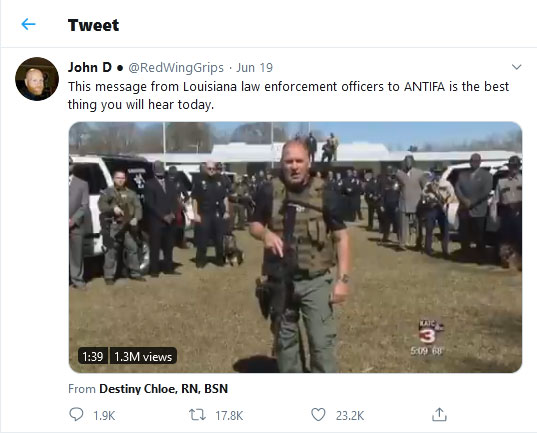 John D tweet 19June2020 This message from Louisiana law enforcement officers to ANTIFA is the best thing you will hear today.
|
|
Just a reminder of what Israel and the Jews around the World are dealing with the UN boycott.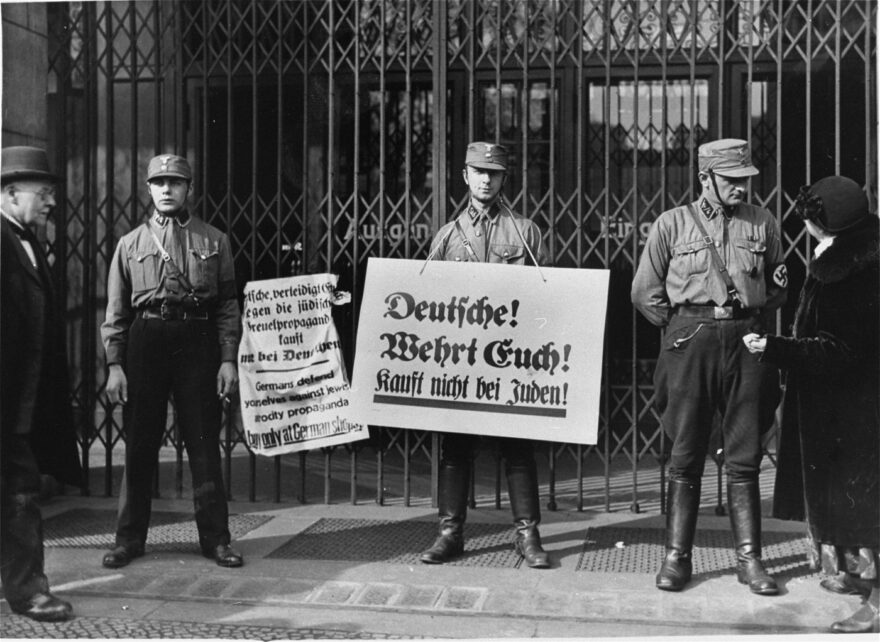 The Nazi boycott of Jewish businesses is the model for the current EU guidelines for boycotting Israeli products. Leftist policies are, by their very nature, totalitarian in impulse and execution http://moshe.blogit.fi/luokka/countries/israel/boycott/  Grand Mufti of Jerusalem Haj Amin al-Husseini and Adolf Hitler December 1941 |
|

‘Without agriculture, Israel has no independence’President Rivlin visits Gaza area and meets with local farmers dealing with the consequences of the coronavirus.Arutz Sheva Staff , 13May2020 http://www.israelnationalnews.com/News/News.aspx/280189 President Reuven Rivlin today, Wednesday, visited the farmers of the area around Gaza. The president began his visit at Kibbutz Ein Hashlosha with local farmers who are dealing with a new reality created by the coronavirus pandemic, and continued his visit to the Hinoman factory, which produces Mankai duckweed, at Kibbutz Be’eri. Before he left, he began the wheat harvesting season in the fields of Kibbutz Sa’ad. The president’s first stop was at the corn and sunflower seeds next to Kibbutz Ein Hashlosha, where he heard about the agricultural produce of the area around Gaza and the recent problems. The president was accompanied on his visit by head of the Eshkol Regional Council Gadi Yarkoni and farmers Dan Weizman from Ein Habsor, Lior Katri from Moshav Ohad, Galil Nachum from Moshav Mivtachim, Yohanan Kopler from Kibbutz Ein Hashlosha, Yedidia Hochman from Moshav Bnei Netzarim, Orna Eisenstein from Kibbutz Magen and Shmuel Blaberman from Kibbutz Nir Yitzhak. Currently, the agricultural produce from Eshkol Regional council represents about 60% of demand from the domestic market in Israel. In the area around Gaza, which the president referred to as ‘surrounding Israel’, typical Israeli fruit and vegetables are grown: cucumbers, zucchini, eggplants, lettuce, herbs, cabbage, watermelon, melons, pineapple, strawberries, avocado and more. Speaking to the farmers, the president said, “Coronavirus has opened our eyes to things that were once taken for granted, and we simply forgot them. For example, the importance of the foundations of this country, one of which is agriculture. The phrase ‘buy blue and white’ had some importance, and we knew that we could always take best care of ourselves and we were proud of it. Over time, market forces and economic issues have led the way, but these days remind us of the fundamentals. Israel’s independence is the most important thing, and without agriculture, Israel has no independence. From here I ask you, Israeli citizens, buy blue and white. Buy Israeli produce. Buy the wonderful produce here.” The president continued his visit to the agrifood-tech Hinoman company at the greenhouses of Kibbutz Be’eri, where he was shown Mankai duckweed, a green leafy vegetable dubbed ‘the future of food’ after eight years of research and international investment. Mankai is grown in the largest greenhouse pools of their kind in the world, using a growing environment controlled by sensors, a computerized system and a secret fertilizer formula. This is a new kind of agriculture, needing no earth, using minimal quantities of water and lighting and without human workers. Mankai contains protein identical in profile to that found in eggs, a high level of iron and an ideal quantity of Omega-3, dietary fiber and vitamins to help strengthen the immune system. They have all been scientifically proven to be digestible by humans. CEO of Hinoman Ron Salpeter explained “this green super-vegetable is perfectly nutritious and produced by unique technology that we developed in a way to ensure consistency and positive impact on physical performance. Leading research institutes around the world see Mankai as an opportunity for a real revolution in the quality of food and a contribution to physical resilience. We have all seen recently how much we rely on our immune system to deal with the corona pandemic. The idea of eating what we are used to, but in a way that is healthier, is a true revolution.” At the end of his visit to the Gaza area, the president began the wheat harvest season in the fields of Kibbutz Sa’ad, accompanied by the field manager Chaim Landsman and wheat grower Yehuda Nir. Yehuda drove the combine harvester with the president sitting in the cab, and together they began harvesting this season’s wheat with hopes of bumper yields and security. Head of Eshkol Regional Council Gadi Yarkoni: “We are so excited to welcome the president to our fields and to begin the harvest with him. During these months, with the coronavirus pandemic breaking out, the State of Israel has been given a serious reminder of the importance of Israeli agriculture for the resilience and food security of its people. We have been blessed with a president who is connected to agriculture, who appreciates and knows Israeli farming, who gives us the strength to continue, despite the challenges.” |
|

Amid virus, Israel has enough food available for foreseeable future — officialsDespite pandemic wreaking havoc on supply chain, country will have plenty of supplies through Passover and beyond by relying on produce grown here, according to agriculture expertsBy Sue Surkes 11 March 2020 https://www.timesofisrael.com/by-eating-local-israel-will-avoid-feared-food-shortages-authorities-say/ 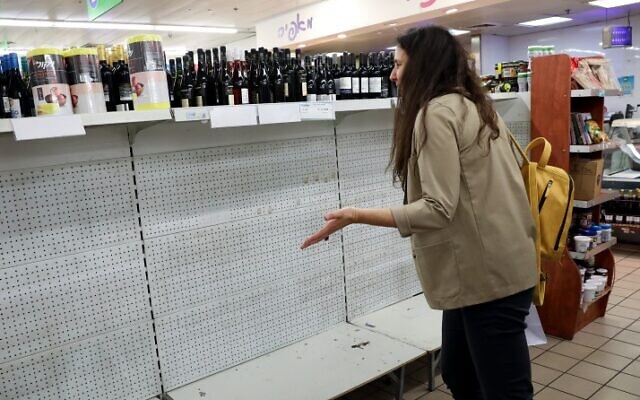 Empty shelves in a supermarket in Tel Aviv. People are stalking up on food supplies in fear of supplies running out, or having to sit in self-quarantine, as israel takes stricter precautions on the Coronavirus. March 10, 2020. Photo by Yossi Zamir/FLASH90 Israel appears relatively well-placed to be able to feed its population through the coming months of the coronavirus crisis, officials said.
No shortages in fresh or dried produce are likely in the next few weeks, they said. Beyond that, too, Israel is in a good position to weather the various restrictions and obstacles, including those already imposed and others still possible looming — amid the battle to thwart the spread of the virus, although officials said insufficient workers could lead to some shortages of citrus fruit. After Passover, imported fresh fish could also be in short supply.
Israel holds certain emergency food supplies, which are not expected to be needed in the foreseeable future.
Despite moves by the Agriculture Ministry, seen as pernicious by local farmers, to import certain items that can be homegrown, the country is more or less self-sufficient in fruit, vegetables, milk, eggs and poultry meat, and has sufficient supplies of beef to see it through the upcoming Passover holidays and on until May, the officials noted.
On Wednesday, Agriculture Minister Tzachi Hanegbi attended an emergency meeting with heads of rural regional councils, agricultural organizations, agricultural produce boards and agricultural settlement movements to review food provision in the shadow of the coronavirus.
“I believe that Israeli agriculture will actually prosper out of this crisis,” said Hanegbi, who took over the agriculture ministry in January.
He told the confab that farmers could supply everything needed in fruit, vegetables, eggs, milk and poultry. “But in other products, such as imported salmon, a shortage is expected in a while. We will need to organize together with all growers and importers to maintain supply continuity and food security for the entire population, even if the disease spreads.
“I believe that out of this crisis, Israeli agriculture will grow,” he added, “because the more we meet the goals we set for ourselves, the more its vitality and capabilities will no longer be questioned.”
With its clement weather, variety of altitudes and climates, and plentiful technological know-how, Israel’s agriculture enjoys conditions that are widely regarded as conducive to dependable food production.
‘Cut dependence on imports to ensure food security’Shay Hajaj, chairman of the Regional Councils Center and head of the Merhavim Regional Council in the southern Israeli Negev, said, “We can tell the citizens of Israel today that they can calm down.
“We don’t expect any shortage of fresh produce in the run-up to Passover (from April 8 to 15), or Independence Day (April 28-29),” he added. 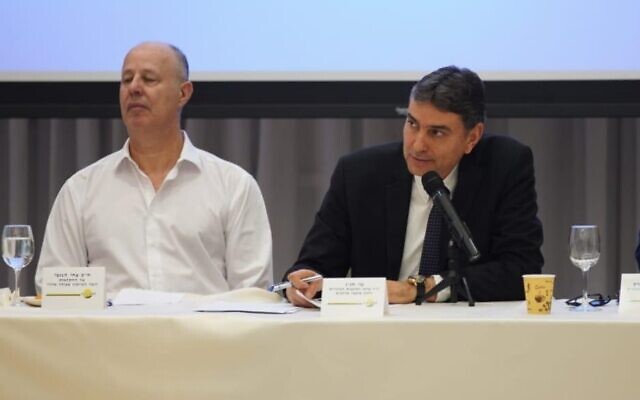 Agriculture Minister Tzachi Hanegbi (L) and Shai Hajaj, chairman of the Regional Councils Center and head of the Merhavim Regional Council in southern Israel, at an emergency confab about food production in the shadow of coronavirus, March 11, 2020. (Courtesy) But he added: “In order to ensure fresh food in Israel, local produce must be relied upon rather than imports and quotas should be increased for [Israeli] agriculture. Farmers can increase domestic production and reduce dependence on imports. Together, we will build an agricultural policy that ensures fresh food security in Israel from now on.” Shortages of citrus fruit, fresh fish possibleSurveying the various branches of agriculture, Hajaj said that problems were expected with the citrus harvest, due to a shortage of workers. Imported fresh fish could go into short supply after the Passover holiday, he added. Beef supplies were sufficient for the next six months, but problems could occur after that if there were disruptions to imports.
Milk producers were asking for increased quotas to produce more so as to have a surplus in case workers fell ill or had to be isolated because of the disease, and also to able to help Israel’s neighbors if necessary.  View of oranges being washed, prepared, and packaged at Mehadrin factory in southern Israel. Mehadrin is Israel’s largest grower and exporter of citrus, fruits and vegetables, and is a leading global supplier of the world renowned JAFFA brand. November 28, 2013. Photo by Yaakov Naumi/FLASH90 State’s essential emergency supplies not needed at this timeIsrael holds essential emergency food products, the Ministry of Economy confirmed to The Times of Israel. These include sugar, rice, flour, baby food and oil.
“These products serve as food security for Israeli residents in times of emergency,” a statement said. “In the current state of the coronavirus crisis, there is no shortage of food products, and certainly not the products mentioned.”
The statement added, “Most of the food consumed is produced in Israel and there are no problems in the import sector, so there is no shortage of other food or of consumer products such as toiletries.”  Foreign workers work in a cabbage field in southern Israel, on October 6, 2016. Photo by Yaniv Nadav/Flash90 Zvi Alon, director general of the Plant Council, which represents and advances fruit and vegetable growers’ interests, told The Times of Israel that Israeli producers supply more than 90 percent of demand, with farmers growing more or less the same amounts per capita today as they did half a century ago, although with fewer farmers and less water, thanks to technological expertise.
But he sharply criticized the policies of the Agriculture Ministry over recent years to import certain fruits and vegetables from overseas during periods when local prices rose, saying it was “killing” Israeli farming. Last year, for example, around 35,000 tons (68 million lbs.) of tomatoes out of the 170,000 tons (340 million lbs.) in total supplied to markets came from overseas, particularly hitting the Gaza envelope communities, which usually produce 70% of Israel’s tomatoes.
Alon said that farmers who made losses during some months needed higher prices during others to ensure a reasonable income. Successive annual OECD reports showed that average Israeli fruit and vegetable prices were lower than those of other developed nations, he added.
If imports dried up because of coronavirus, Israeli agriculture could step up to produce more, but only with financial help, Alon said. To date, the Israeli government is ranked among the stingiest of all OECD nations when it comes to providing farmers with financial support, he charged.  Sides of beef and grilled veggies at an Israeli cowboys’ BBQ at Bat Yaar Ranch in the Biriya Forest in northern Israel. (Haim Azulay/Flash 90) Eviatar Dotan, Director General of the Cattle Breeders Association, did not foresee a crisis in the milk or beef sectors. Israeli farmers produce 95% of the country’s milk, he told The Times of Israel, and problems could only arise if the government interfered with the import of cattle feed by delaying ships at Israeli ports.
There was enough frozen and fresh beef to see the country through until May, including the Passover holidays, he added.
Agriculture Ministry breakdowns for beef produced in 2018 — the latest year for which such figures are available — showed that 46% of all beef products came from frozen imports, 27% from live calves shipped into the country for fattening and slaughter [mainly from Portugal and Australia], 17% from local cattle farms and 10% from chilled meat imports.
Motti Elkabetz, who heads the Association of Poultry Growers, did not envisage problems either. Local egg-producers — two-thirds of whom are located on the Israel-Lebanon border — produce all of the country’s supplies, he said, the only exception being during the peak periods of Passover and Sukkot for which additional supplies were imported.
The country is also self-sufficient when it comes to chickens and turkeys. The only fear, if the virus gets much worse, is disruption to the supply of imported feed and breeding hens, he said. There are enough breeding hens in the country for another year. Dried products being snatched from retail shelvesOn the retail side, Osem — one of the main retail supermarket suppliers — said in a statement that shoppers were buying much more than usual of dried products such as pasta, breakfast cereal, cookies, snacks, Israeli couscous (“petitim”), ketchup and the Tivol company’s ready-made plant-based foods. 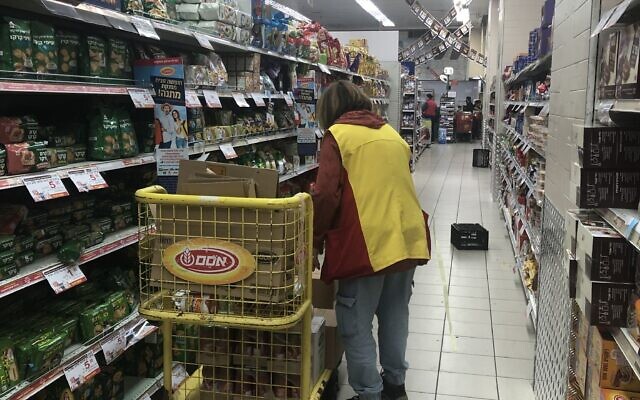 An Osem employee stacks the shelves at a Rami Levy supermarket in Jerusalem, February 20, 2020. (Sue Surkes/Times of Israel) “Our factories are working at maximum output and are focussing on supplying the most essential products in light of the extra demand,” the statement said. “We’ve beefed up Osem’s logistical and distribution systems and we’re working around the clock, including on Fridays and on Saturday nights, after the Sabbath has gone out.”
More home deliveries were being carried out and there were more distribution trucks, the statement added. Delivery times to retail outlets had been extended into the evening and night-time hours, whereas during normal times, they took place in the mornings only.
Shufersal, the largest supermarket chain in the country, said it was looking to employ an extra 400 workers immediately to cope with increased online order deliveries.
|
|
-
Today18/04/2024 – י׳ בניסן ה׳תשפ״ד
-
Please note that this website uses cookies. Continued browsing of the site constitutes consent to this use.
For more information, see the Privacy Policy.לידיעתך, באתר זה נעשה שימוש בקבצי Cookies. המשך גלישה באתר מהווה הסכמה לשימוש זה.
למידע נוסף ניתן לעיין במדיניות הפרטיותWe recommend you turn off your Ad Blocker.
WE DO NOT ADVERTISE ON THIS SITE.
We do run widgets on the side panel.Jewish Agency Toll Free Phone Numbers

Nefesh B’Nefesh: Live the Dream US & CAN 1-866-4-ALIYAH | UK 020-8150-6690 or 0800-085-2105 | Israel 02-659-5800 https://www.nbn.org.il/ info@nbn.org.il
Nefesh B’Nefesh: Live the Dream
US & CAN 1-866-4-ALIYAH | UK 0800 075 7200 | Israel 02-659-5800 www.nbn.org.il
Grocery Shopping in Israel
English, Hebrew transliterated guide with Meat Chart and Oven Temperatures °F to °C
OCTOBER 7TH POSTS
- 7October
- Am Ysroel Chai עם ישראל חי
- ISRAEL AT WAR 5784: 1 sheep and 70 wolves
- Propaganda vs Reality
- UN, UNRWA and Terror
- You vowed ‘Never Again’
- Prayer for the People of Israel During War
- WAR: Hamas missiles on Jerusalem on Shabbat/Shemini Atzeret 5784
- Never Forget, Never Forgive
- Sanctions
- 100th anniversary of the San Remo Conference
CORONAVIRUS POSTS
- Truth or Consequences Covid-19: The Truth
- They Suffered Myocarditis After COVID-19 Vaccination. Years Later, Some Still Haven’t Recovered
- Watchdog: COVID-19 Vaccines Revealed as ‘Neither Safe, Nor Effective’
- Israeli MOH is hiding a study showing a 2-4 times higher rate of adverse events reports following Pfizer COVID vaccine in kids aged 5-11 vs ages 12-17
- Pfizer-Funded Study Shows Poor Effectiveness for COVID-19 Vaccine in Young Children
- Truth or Consequences Covid-19: More Consequences
- Truth or Consequences Covid-19: The Consequences
- Truth or Consequences Covid-19: More Truth
- Truth or Consequences Covid-19: Save the Children
- Truth or Consequences Covid-19: The Grim Reaper Edition
- Truth or Consequences Covid-19
- Coronavirus COVID-19 Vaccine: Bill Gates “Another Final Solution”
- Coronavirus COVID-19 in the US
- Coronavirus COVID-19 in Israel
- Be Prepared and Stay Healthy
- Wuhan Coronavirus COVID-19 in China
- Bill Gates and the Rockefeller Foundation “Another Final Solution”
GLOBALISM POSTS and Ukraine Posts
- Colour Revolution in Israel
- BRICS
- Buy Locally
- Winter is coming
- Military biological activities of the United States in Ukraine
- News Ukraine Adar 5782
- klopse western
- The Weather report 1 Adar II-5782
- The prophecies are true
- Russia’s Military Operation
- Donbass: Azov Nazi Ukraine Terror
- UKRAINE: DONBASS. YESTERDAY, TODAY, AND TOMORROW
- BURNT ALIVE IN ODESSA. Documentary | 2May2014 Odessa, Ukraine firebombed by Nationalist
- The Dreizin Report – 2022-05-17 – The Fall of the Azov
- Fast Forward to Fascism [Ukraine today]
- Here’s what the Azov Battalion tattoos are hiding
- Interview with a Stormtrooper
- The Azov Battalion: Laboratory of Nazism
“BDS is an anti-Semitic campaign led by supporters of terror with one purpose: the elimination of the Jewish state.” Download the report MSA-report-Behind-the-Mask
Help support a needy Tzadik
Help support Jerusalem Cats
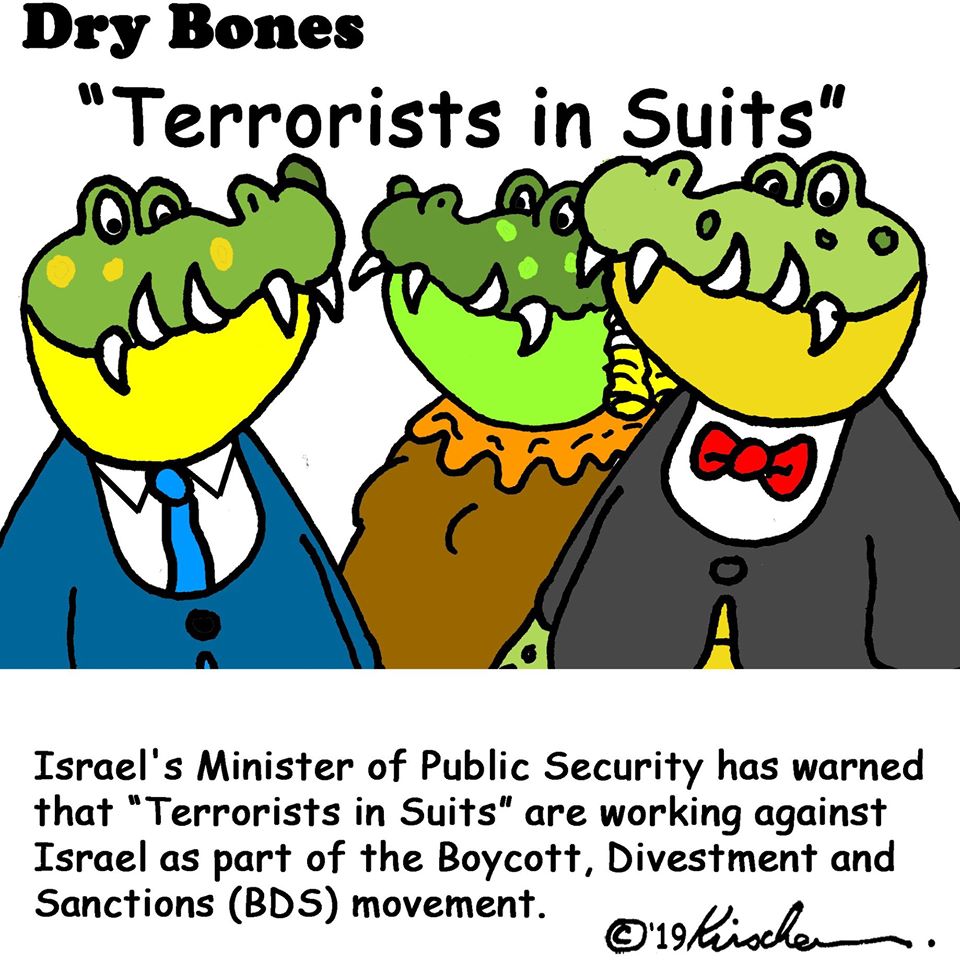
Ministry Of Strategic Affairs Report On “Terrorists In Suits” https://4il.org.il Click to Download the Report.
Click to Enlarge
Uncensored News from Israel and the World
Why Do All These Rabbis Warn Against Getting the Covid-19 Vaccine?
PRAYER TO BE SAVED FROM CORONAVIRUS
Master of Universe, who can do anything!
Cure me and the whole world of the Coronavirus, because redemption is near.
And through this reveal to us the 50th gate of holiness, the secret of the ibbur, and may we begin from this day onward to be strong in keeping interpersonal commandments (i.e. being kind to others).
And by virtue of this may we witness miracles and wonders the likes of which haven’t been since the creation of the world. And may there be sweetening of judgments for the entire world, to all mankind, men women and children.
Please God! Please cure Coronavirus all over the world, as it says about Miriam the prophetess, “Lord, please, cure her, please.”
Please God! Who can do anything! Send a complete healing to the entire world! To all men, women, children, boys and girls, to all humanity wherever they may be, and to all the animals, birds, and creatures. All should be cured from this disease in the blink of an eye, and no trace of the disease should remain.
And all will merit fear of Heaven and fear of God, O Merciful and Compassionate Father.
Please God, please do with us miracles and wonders as you did with our forefathers by the exodus from Egypt. And now, take us and the entire world out from this disease, release us and save us from the Coronavirus that wants to eliminate all mortals.
We now regret all the sins that we did, and we honestly ask for forgiveness. And in the merit of our repentance, this cursed disease, that does not miss men, women, boys, girls, and animals, will be eliminated.
Please God, as quick as the illness came it will go away and disappear immediately, in the blink of an eye, and by this the soul of Messiah Ben David will be revealed.
Please God, grant us the merit to be included in the level of the saints and pure ones, and bless anew all the fruit and vegetation, that all will be healed in the blink of an eye, and we will see Messiah Ben David face to face.
Please God, who acts with greatness beyond comprehension, and does wonders without number. Please now perform also with us miracles and wonders beyond comprehension and let no trace of this cursed disease remain. And may the entire world be cured in the blink of an eye.
Because Hashem did all this in order for us to repent, it is all in order for us to direct our hearts to our Father in Heaven, and by that He will send blessings and success to all of our handiwork.
Important Posts
-
Bill Gates and the Rockefeller Foundation: Vaccine News
-
After Monsey, and New York – Kristallnacht!
- How to help YOUR Relatives Escape from New York
-
A Portrait of Jewish Americans
-
The Jewish People Policy Institute-Raising Jewish Children 2017
- Jonathan Pollard
- We have no other country – אין לנו ארץ אחרת
- You are a Princess
- Modesty for Women – Wig Vs Scarf
-
BDS Know the Facts
- CAMERA: Quantifying the Israeli-Palestinian Conflict’s Importance to Middle East Turmoil
- Warnings to American Jews
- A response to the EU Boycott of Yesha Israel
- Israel is not America
- A School is connected to a Congregation or a Rabbi, Who are they?
- Another reason to use a good Kosher certification hecksher
- Health Risks of Genetically Modified Food or The benefits of keeping Kosher
- What’s in Your Milk? 20+ Painkillers, Antibiotics, and More
- Cholov Yisroel: Does a Neshama Good
- Cell Phones:The Day Einstein Feared Has Arrived
- Death in Advertising – Coke and Cigarettes
- College life in America
- 1 sheep and 70 wolves-Hanukah Geography
- A Heart to Heart talk about Christian missionaries and Jewish Assimilation
- Anatomy of a smear
- Remembering the hard times predating the startup nation
-
Israel: The World’s First Modern Indigenous State
- Rosh Hashanah Foods
- How to assemble an Israeli Succah
-
Hanukkah Posts and Recipes
- 1 January is Sylvester Day יום סילבסטר
- Tu B’Shevat-How and What to check for Bugs
- How to Celebrate Purim
- Purim for Cats: Purim behind the Scenes
- The Day After Purim-How to Prepare for Pesach
- Pesach Tips and Schedule
- Preparing for Pesach
- Sell your Chametz online:
- Pesach Wonder Pot סיר פלא Recipes
- Pesach and Beyond פסח ומעבר
- La Haggada De L’idee Juive
- Counting The Omer ספירת העומר
- Shlissel or Key Challah
- YOM HASHOAH יום שואה
- Yom Hazikaron : יום זיכרון We Remember and Honor our fallen
- Yom HaAtzma’ut- יום העצמאות
-
Shavot Wonder Pot סיר פלא Recipe-Cheesecake
- Tisha B’Av 2013 תשעה באב תשע”ג
- Tisha B’AV Love your fellow Jew

הסערה הבאה שרת התרבות מירי רגב הורתה להכניס ללוגו הרשמי של חגיגות היובל לאיחוד ירושלים את המילה שחרור ירושלים במקום איחוד העיר
נשלח על ידי
איתמר אייכנר
אחרי
Jewish Agency Toll Free Phone Numbers
Nefesh B’Nefesh: Live the Dream
US & CAN 1-866-4-ALIYAH | UK 0800 075 7200 | Israel 02-659-5800 www. nbn.org.il
Alyah : mode d’emploi http://www.jewishagency.org/fr/aliyah/program/7618
Choisissez celle qui vous correspond et inscrivez-vous sur notre site Internet en cliquant ICI ou par téléphone, en appelant le Global Center au 0800 916 647
The Jewish Agency Global Service Center http://www.jewishagency.org/global_centerUS 1-866-835-0430 | UK 0-800-404-8984 | Canada 1-866-421-8912
The Jewish Agency Global Service Center
Point of No Return: Jewish Refugees from Arab Countries
From the 1940s until the 1970s, and heightening with the founding of Israel in 1948, nearly million Jews were expelled from their homes across Arab countries such as Iraq, Syria, Lebanon, Egypt, Yemen, Libya, Algeria and Iran.
Jews were frequently subjected to pogroms, systemic violence and religious persecution. Their exiles were largely attributable to Arab regimes increasing their hostility toward Jews because of the very existence of Israel.
Today, while stories abound of many Arab refugees, few are aware or even acknowledge this forgotten exodus of Jewish refugees. Only in Israel has Nov. 30, the day after the UN voted to approve the Jewish-Arab partition plan of Palestine, been marked to commemorate their plight.
Inspirational Breslev teachings in emunah, bitachon and hitbodedut- today!
Breslov Shiurim Podcasts
Subscribe to Podcasts on RSS, iTunes or Poddirectory

Podcasting Help Five Best Podcast ManagersRav Nasan Maimon | Breslov Torah | Free Listening on SoundCloudRabbiisrael on Sound Cloud

The Canary Mission database was created to expose individuals and groups that are anti-Freedom, anti-American and anti-Semitic in order to protect the public and our democratic values.
1948 Jewish 5 Palestine Pounds Note
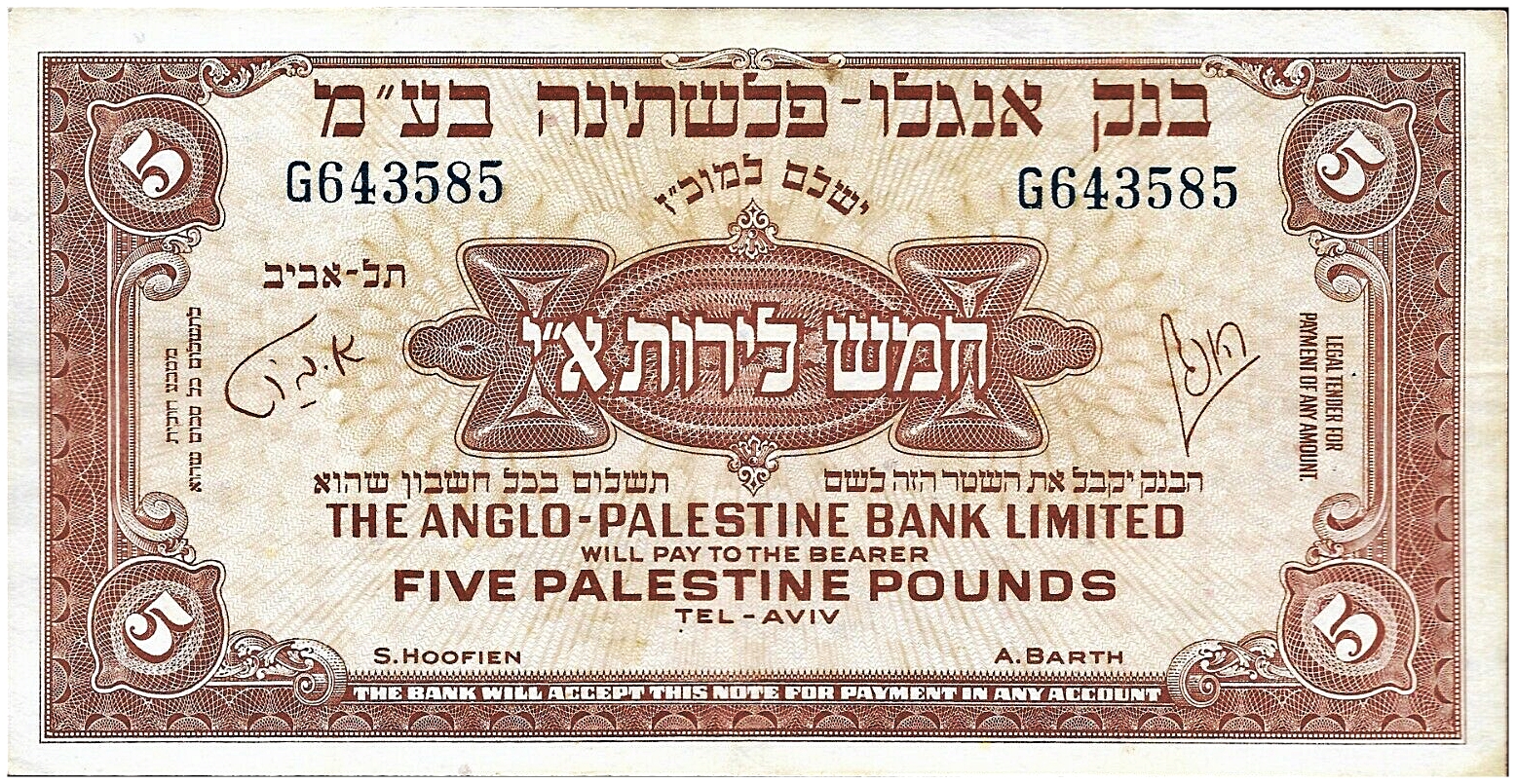
Issuer Israel
Issuing bank Anglo-Palestine Bank Limited
Period State of Israel (1948-date)
Type Standard banknote
Years 1948-1952
Value 5 Palestine Pounds
Currency Palestine Pound (1948-1949)
Composition Paper
Size 105 × 68 mm
Shape Rectangular
Demonetized 23 June 1952
Number N# 207999
References P# 16 April 2024 S M T W T F S 1 2 3 4 5 6 7 8 9 10 11 12 13 14 15 16 17 18 19 20 21 22 23 24 25 26 27 28 29 30 -
An important piece of evidence: The British Palestine Exploration Fund survey map – 1871-1877 – The PEF people delineated every wadi, every settlement, tree, and home. They crisscrossed the territory, and an examination of the map shows how empty and barren the land was, and how few people lived there.
“The Palestinian people does not exist. The creation of a Palestinian state is only a means for continuing our struggle against the state of Israel for our Arab unity… Only for political and tactical reasons do we speak today about the existence of a Palestinian people… to oppose Zionism.” Zuheir Muhsein, the late Military Department head of the PLO and member of its Executive Council.; March 1977, Dutch daily Trouw
London cab driver’s answer to a request from a Muslim to turn off the radio. (You just got to love the Brits.)
A devout Arab Muslim entered a black cab in London .
He curtly asked the cabbie to turn off the radio because as decreed by his religious teaching, he must not listen to music because in the time of the prophet there was no music, especially Western music which is the music of the infidel.
The cab driver politely switched off the radio, stopped the cab and opened the door.
The Arab Muslim asked him, “What are you doing?”
The cabbie answered, “In the time of the prophet there were no taxis, so get out and wait for a camel.”I wonder how many years (hundreds for sure) Jewish people have lived in Quebec. I don’t believe that they have ever demanded that pork be removed from the school’s menu where their children attend…
Excellent reply by the Mayor of Dorval, Quebec, to the demands of the Muslim population in his community.
Put some pork on your fork.
Too bad the USA doesn’t have the common sense to publish this nationwide, even if they have a muslim in the white house. Should also be posted on signs all along U.S. borders.Let’s hear it for a Quebec mayor.
MAYOR REFUSES TO REMOVE PORK FROM SCHOOL CANTEEN MENU. EXPLAINS WHY
Muslim parents demanded the abolition of pork in all the school canteens of a Montreal suburb. The mayor of the Montreal suburb of Dorval, has refused, and the town clerk sent a note to all parents to explain why..
“Muslims must understand that they have to adapt to Canada and Quebec, its customs, its traditions, its way of life, because that’s where they chose to immigrate.
“They must understand that they have to integrate and learn to live in Quebec .
“They must understand that it is for them to change their lifestyle, not the Canadians who so generously welcomed them.
“They must understand that Canadians are neither racist nor xenophobic, they accepted many immigrants before Muslims (whereas the reverse is not true, in that Muslim states do not accept non-Muslim immigrants).
“That no more than other nations, Canadians are not willing to give up their identity, their culture.
“And if Canada is a land of welcome, it’s not the Mayor of Dorval who welcomes foreigners, but the Canadian-Quebecois people as a whole.
“Finally, they must understand that in Canada ( Quebec ) with its Judeo-Christian roots, Christmas trees, churches and religious festivals, religion must remain in the private domain. The municipality of Dorval was right to refuse any concessions to Islam and Sharia.
“For Muslims who disagree with secularism and do not feel comfortable in Canada, there are 57 beautiful Muslim countries in the world, most of them under-populated and ready to receive them with open halal arms in accordance with Shariah.
“If you left your country for Canada, and not for other Muslim countries, it is because you have considered that life is better in Canada than elsewhere.
“Ask yourself the question, just once, “Why is it better here in Canada than where you come from?”
“A canteen with pork is part of the answer.”
If you feel the same forward it on.
This reminds me of a Morty Dolinsky story from the time he was head of the Government Press Office:
When the late Morty Dolinsky was in charge of the Government Press Office in the 1980s, he once famously replied to a reporter, who asked for information about the West Bank, that he knew no West Bank as he banked at Leumi. -
Archives
-
Pages
- About the Artist, Cookbook & Novels
- Aliyah Tips
- Aliyah, Health & News
- 100 Years After Balfour Declaration, The Arabs Have Failed Where Israel Has Excelled
- Aliyah Outer Limits Archive
- Aliyah Outer Limits News
- CAMERA – BACKGROUNDER: The Intrinsic Antisemitism of BDS
- CAMERA: Quantifying the Israeli-Palestinian Conflict’s Importance to Middle East Turmoil
- Jonathan Pollard
- Mr. Happy Good News
- Mr. Happy’s Aliyah Outer Limits
- Mr. Happy’s Banned Health News
- Mr. Happy’s GMO – Genetically Modified Food News
- Mr. Happy’s Health News
- Mr. Happy’s Nuclear News
- Mr. Happy’s Past Weekly Column
- Mr. Happy’s Weekly Column
- Mr. Happy’s Wellness Page
- Mr. Happy’s World News
- Not in the News
- Other News
- Astrology, Gematria & Recipes
- Breslov
- Cat Quintet and Cat Videos
- Cat Quintet: Aurora – The Andrews Sisters
- Cat Quintet: Beach Boys
- Cat Quintet: Bei Mir Bist Du Schon – The Andrews Sisters
- Cat Quintet: Besame Mucho – Xavier Cugat and His Orchestra
- Cat Quintet: Best Meditation Music – Oliver Shanti
- Cat Quintet: Let’s Call The Whole Thing Off
- Cat Quintet: Steppenwolf – Magic Carpet ride
- Cutest Cat Moments Videos
- Debbie’s Worm
- For a-sweet boy, I will always remember
- Sons of the Pioneers – What this Country Needs
- Sons Of The Pioneers: Dixie
- You Are My Sunshine
-
Ephemeris

Sun in Aries
Moon in Leo
28 degrees
Waxing Gibbous Moon
9 days old -
Spam Blocked

